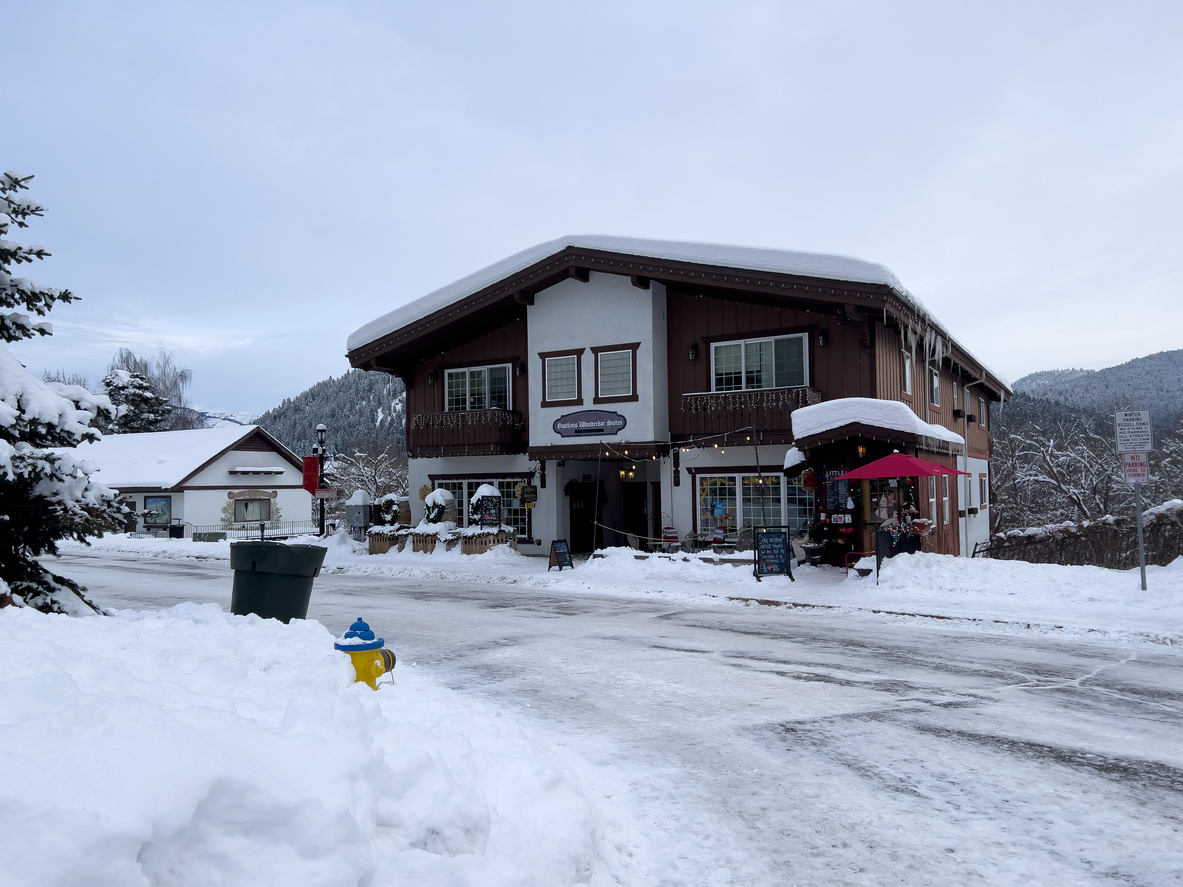
From natural disasters to crime rates, the unique risks associated with your geographic location can impact your hotel insurance requirements and premiums. You should understand how your hotel’s location influences your insurance needs and expenses, providing valuable insights to help you make informed decisions and protect your business.
The Role of Geographic Location in Hotel Insurance
The geographic location of your hotel plays a role in shaping your hotel insurance programs.
Crime Rates
Hotels located in areas with high crime rates face unique challenges when it comes to insurance. These locations are more susceptible to theft, vandalism, and liability claims, impacting the hotel’s operations and financial well-being.
Insurance providers recognize the elevated risks associated with high-crime areas and adjust their premiums accordingly. Consider the crime risk in your location, and work with your insurance provider to ensure adequate coverage.
Natural Disaster Risks
Natural disaster risks are a significant consideration for hotel insurance, as properties in areas prone to earthquakes, floods, hurricanes, or tornadoes face an increased likelihood of property damage. These natural events can cause extensive structural harm, requiring costly repairs and potentially leading to temporary or permanent closure.
Insurance providers must carefully assess the risks associated with hotels in these high-risk areas and adjust their coverage and premiums. Hotels in disaster-prone locations may need to obtain specialized insurance policies that specifically address the unique risks they face.
Assessing Risk Factors
Insurance companies employ various methods to assess the risk associated with a hotel’s geographic location. One approach is the analysis of crime statistics in the area surrounding the property. Insurers can gauge the chance of potential claims by examining data on theft, vandalism, and other criminal activities.
Additionally, insurance providers examine the region’s historical occurrence of natural disasters. This information helps them determine the probability and potential severity of future events, allowing them to tailor coverage and premiums to the specific risks hotels face in those areas.
Hotel Insurance Coverage Considerations
Hotels in high-risk areas have access to specific insurance coverage options designed to address the unique challenges they face. These options may include specialized policies that cover losses resulting from criminal activities or natural disasters. However, the increased risk associated with these locations often translates to higher insurance costs.
To mitigate these costs and reduce overall risk, hotel owners can implement various strategies. Enhancing security measures, such as installing surveillance systems, hiring security personnel, and improving access control, can help deter criminal activities and reduce the risk of theft and vandalism.
Similarly, developing comprehensive disaster preparedness plans and investing in infrastructure improvements, such as reinforced buildings, flood barriers, or emergency power systems, can minimize the potential impact of natural disasters.
Key Takeaways
It is important for hotel owners and operators to carefully consider their geographic location, assess the specific risks they face, and work with their insurance providers to secure appropriate coverage. By doing so, they can protect their businesses, minimize financial impact, and ensure their guests’ and employees’ safety and well-being. Contact us today to explore your hotel insurance coverage options.
About Provident Protection Plus
For more than 65 years, Provident Protection Plus has served businesses and residents across several states nationwide. Today, we are a wholly owned subsidiary of Provident Bank, the region’s premier banking institution. To learn more about our coverage options, contact our specialists today at (888) 990-0526.



